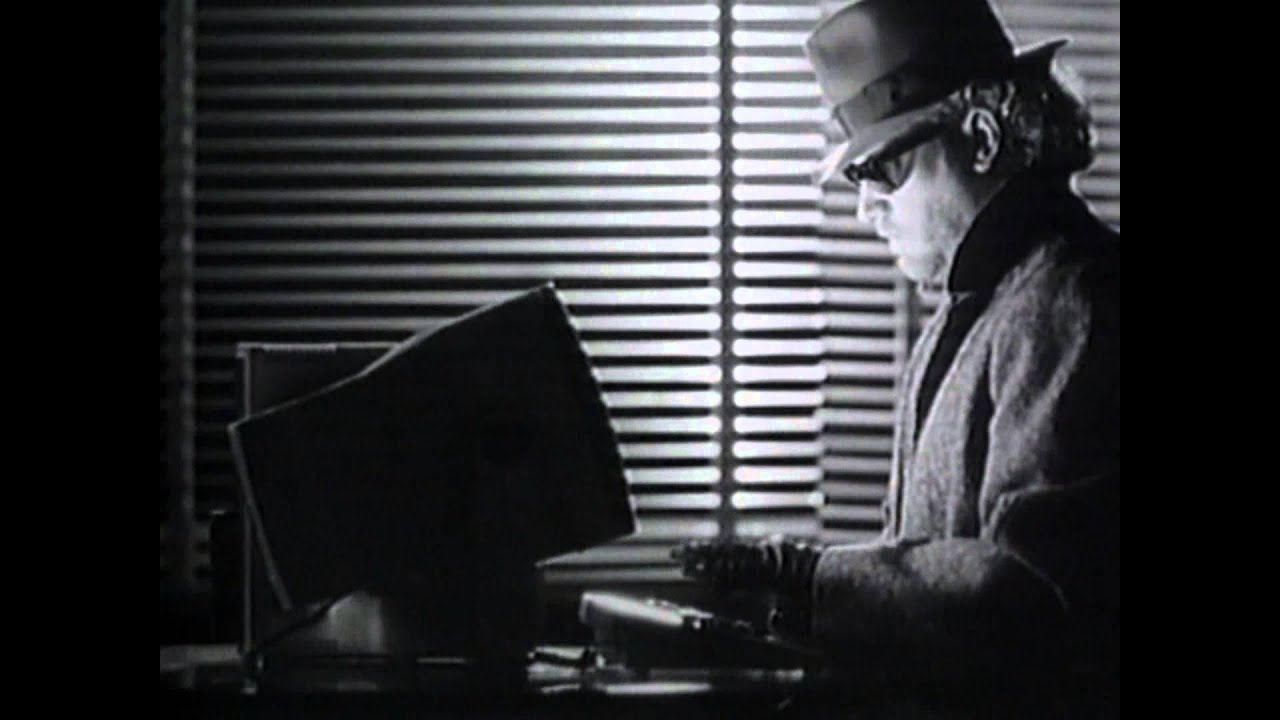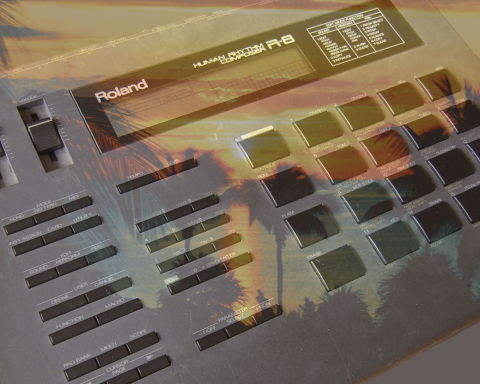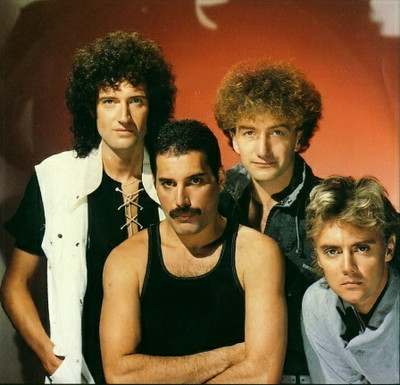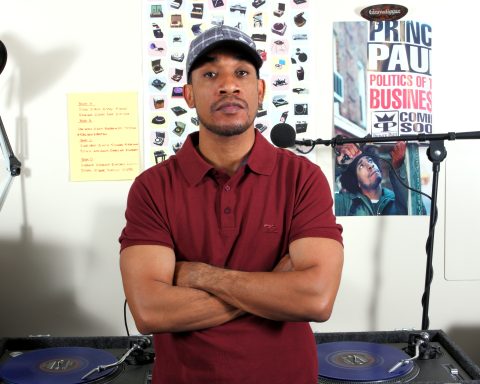The twenty-three-note earworm “Axel F” is the inescapable theme song of the classic ’80s romp Beverly Hills Cop, starring Eddie Murphy as the maverick cop, Axel Foley. Both energetic and oddly haunting, the song is a staple of its decade of origin. The composer behind this oddity was a music industry veteran named Harold Faltermeyer. But another crucial part of the song’s appeal was the Roland JX-3P. Learn about the oddball hit and its pioneering creator.
A Cinematic Icon
Picture Eddie Murphy in a sweatshirt, jeans, and Adidas perched on the hood of a red Mercedes. It’s an iconic cinematic image, a movie poster classic that brings memories of 1984 flooding back to those who lived through the era. A classic fish out of water tale, Beverly Hills Cop followed Murphy’s character, Axel Foley from Detroit to Los Angeles to solve the murder of a childhood friend. Evoking the tension of a classic mystery theme and the glitter of Foley’s new surroundings, “Axel F” is also a rare bird: an instrumental hit song. Behind the song’s success was a synth experimentalist and record producer named Harold Faltermeyer.
Perfect Pitch Protégé
Born in Munich and blessed with perfect pitch, Faltermeyer became an engineer for classical music sessions. He soon became a protégé of Giorgio Moroder, collaborating with the dance music pioneer on the seminal Midnight Express score, among others. Eventually, Faltermeyer paved an independent path, lending his ample melodic talents to what reads like the ultimate ’80s party guest list: Billy Idol, Bonnie Tyler, Bob Seger, Laura Branigan, and Patti Labelle.
Bananas to Breakthrough
While his work with Moroder earned him industry respect, Faltermeyer’s Beverly Hills Cop score sent his career into the stratosphere. Drawing on early hip-hop sounds, the soundtrack seems utterly of the time yet simultaneously forward-thinking. While Faltermeyer initially considered the song the “banana theme” for its appearance in a gag involving exhaust pipes, “Axel F” became a turning point in the composer’s professional life. Its creation wasn’t an effortless process, however.
"Drawing on early hip-hop sounds, the soundtrack seems utterly of the time yet simultaneously forward-thinking."
“I got close to the fact of getting fired from the movie because I tried several different themes,” Faltermeyer told Red Bull Music Academy. “Nobody liked it and it mostly has to do with the fact that at that time, to score a comedy was always done with an orchestra.” His risky approach paid off, as Faltermeyer went on to win Grammys for his work on the Beverly Hills Cop soundtrack. The unequivocally catchy theme had commercial legs, too, becoming a massive worldwide hit and reaching number one in 1985.
Roland Appearances
Coming from Moroder’s camp, Faltermeyer knew a thing or two about cutting-edge technology. So, it’s no surprise that Roland synth sounds abound on the “Axel F” recording. A JUPITER-8 created the famously cutting tone of the lead line, but the underdog JX-3P features prominently as well, supplying bouncy chordal support.
"Flanked on three sides by synths, the composer jumps from instrument to instrument, including the JX-3P and its PG-200 programmer sitting atop the keyboard."
Faltermeyer even became an unlikely video star, bopping around in a trench coat and fedora in the “Axel F” clip. So did his synths. Flanked on three sides by synths, the composer jumps from instrument to instrument, including the JX-3P and its PG-200 programmer sitting atop the keyboard.
Contemporary Resonance
Instantly recognizable, “Axel F” remains relevant in today’s ’80s-crazed music landscape. Acts like CHVRCHES, Nation of Language, and Tame Impala carry the torch for this kind of bubbly keyboard-infused pop craft. “Axel F” also enjoyed a rather infamous second life in Crazy Frog’s 2005 remix, a version with over four billion YouTube views. Forty years on, the glossy groove of “Axel F” remains a retro radio favorite.







